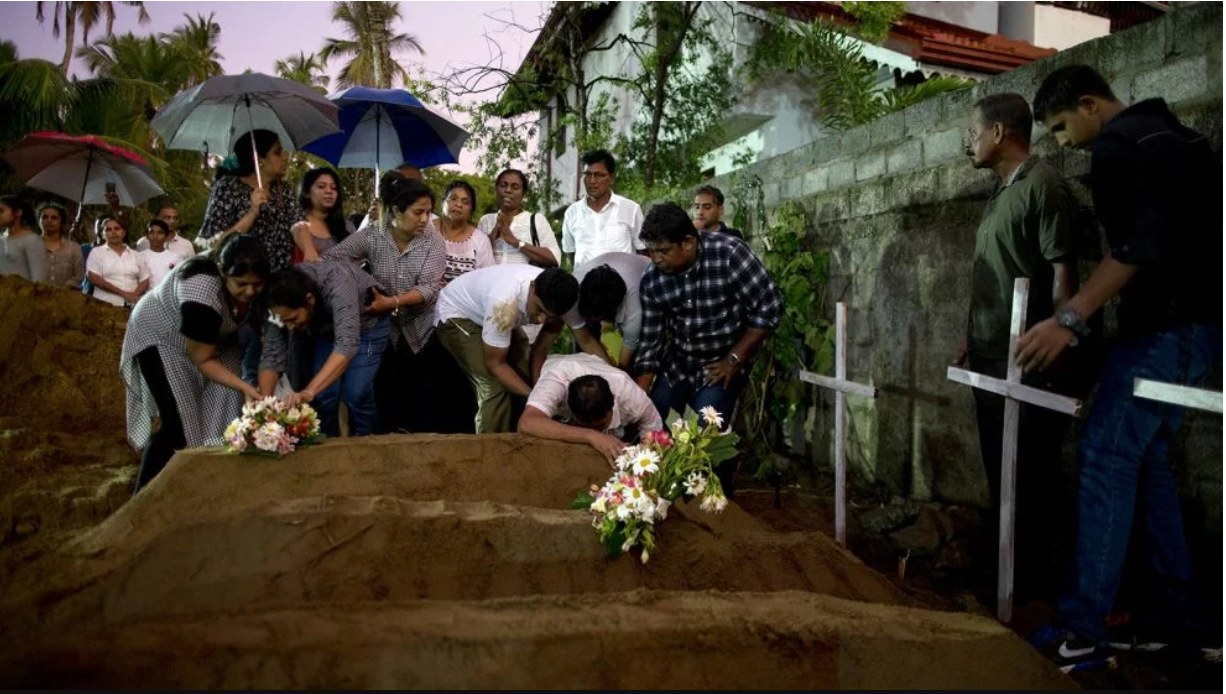Two of my closest friends are Episcopal priests.
I know. This sounds like the beginning of a joke. “Two priests and a rabbi walk into a bar…”
Except it is not.
For several years, at this season, we have used these words to wish each other well.
The rabbi: “May Christ rise for you.”
The Episcopal priests: “May you get out of Egypt.”
Some of you might be confused, or even offended, that I would use such theologically weighty language at this season to affirm a religious truth that is definitely not my own.
What do I mean when I say this?
I am certainly not literally affirming the reality of the resurrection of Jesus of Nazareth. If I believed that to be true, I would most likely have a different kind of clergy position.
I am saying something deeper, I think, something that has its resonances with what Christian theologians are already saying.
Check out Nicholas Kristof’s recent interview with Serene Jones, president of Union Theological Seminary, in the New York Times. Jones told Kristof:
There’s no resurrection story in Mark, just an empty tomb. Those who claim to know whether or not it happened are kidding themselves. But that empty tomb symbolizes that the ultimate love in our lives cannot be crucified and killed. … For me, the message of Easter is that love is stronger than life or death. That’s a much more awesome claim than that they put Jesus in the tomb and three days later he wasn’t there. For Christians for whom the physical resurrection becomes a sort of obsession, that seems to me to be a pretty wobbly faith. What if tomorrow someone found the body of Jesus still in the tomb? Would that then mean that Christianity was a lie? No, faith is stronger than that.
I get it. It is not my story, but I get it.
Christians with a more traditional theology will doubtless disagree with Serene Jones and, of course, with me.
For me, resurrection is a powerful metaphor of the victory of life over death; hope over despair; compassion over cynicism and callousness.
Pious (and not so pious) Jews also believe in an ultimate resurrection of the dead — techiyat ha-meitim — in messianic times, at the end of history. You are free to believe that or disbelieve that (I am personally agnostic on the subject), but the lesson is still there.
Death cannot be the most powerful thing in existence. If it were, we would worship death.
Likewise, my Christian friends and colleagues, who wish me: “May you get out of Egypt.”
We are trading metaphors with each other; two religions playing theological tennis over the net of our disparate histories and experiences.
They sense what it means to get out of Egypt — both in a national sense and, also, in a personal sense. That is their wish for me. Again, hope over despair.
At this season of hope, it is the least we can do — toss those thoughts at each other like bouquets.
Which makes the events in Sri Lanka all that much harder for me to digest.
Like matzah and horseradish that have gone down the wrong way, I choke on the news reports of coordinated terror killings, claiming more than 200 lives. Having just seen the film “Hotel Mumbai,” the reality of coordinated terror was all too real for me.
The eyewitnesses said, “It was a river of blood” — far, far too resonant with the first plague of the Passover seder, the Nile turning to blood.
Likewise, the 10th plague: How many first-borns were killed in Sri Lanka?
It was not Easter in Sri Lanka.
It was yet another Good Friday, this time, with not one man dead, awaiting resurrection, but with hundreds dead, hundreds maimed and wounded — each one, perhaps, uttering the very Jewish cry of Jesus on the cross: “O God, O God, why have you forgotten me?”
Within one year, the three Abrahamic religions have suffered violent attacks.
- The murders in Tree of Life Synagogue in Pittsburgh (note to self: what could it have been like for the family members of the murdered to have sat down at seder — with the empty chairs staring at them? I cannot imagine. I will not imagine.)
- Weeks ago, the murders in the mosques in Christchurch, New Zealand.
And now, the murders in Sri Lanka.
Add to that, of course, the devastating fires at Notre Dame this past week.
Those twin horrors (let me be clear: one accidental; one of human creation) were frontal body blows to the body of Christ.
Like many, I lack the words, which is appropriate. Silence in the house of mourning is a worthy response.
My hands reach out to my Christian friends, neighbors, colleagues, and relatives.
What I say to you is what I say to my two Episcopal friends.
May Christ rise for you.
And — as we sing in the children’s Passover song Had Gadya — may God someday come and defeat the Angel of Death.

